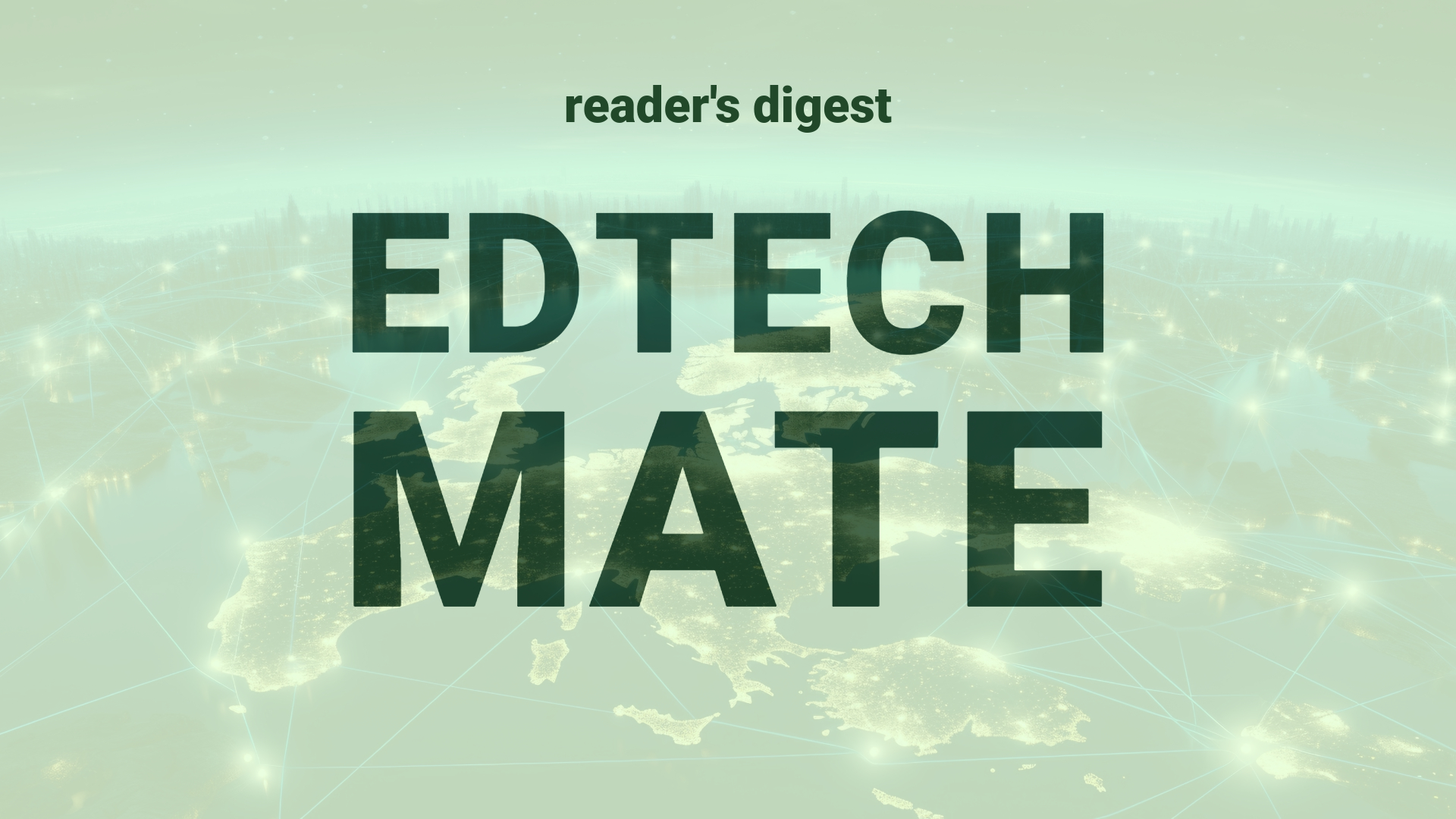Executive Summary and Main Points
The book “Look Again: The Power of Noticing What Was Always There,” co-authored by Cass Sunstein and Tali Sharot, delves into the concept of habituation, or the human propensity to acclimate to changes over time. This psychological process affects various aspects of life including personal relationships, careers, mental health, and societal dynamics. The authors offer insights into how breaking routine can reinvigorate our perception of the familiar. They postulate that habituation can impede creativity and innovation, yet is also necessary for focus and productivity. The book presents data and case studies on the strategic interruption of positive experiences and perseverance through negative ones to counter habituation.
Potential Impact in the Education Sector
Understanding habituation could significantly impact the Further Education and Higher Education sectors by informing strategies to enhance learning experiences and sustain engagement. For instance, incorporating variety and novelty into curricula could maintain students’ interest and foster innovation. Recognizing the importance of dishabituation could also influence faculty development, refresh teaching methodologies, and invigorate research agendas. In terms of micro-credentials, a grasp of habituation could lead to modular course designs that periodically reengage learners with diverse content and pedagogical approaches. Strategic partnerships that bring external perspectives and digital transformation initiatives may serve as effective counterbalances to institutional habituation.
Potential Applicability in the Education Sector
Innovative applications could leverage AI and digital tools to personalize education, routinely refreshing content to suit learner profiles thus countering habituation. Adaptive learning environments could implement algorithms that detect when a student’s engagement wanes and introduce novel materials or formats. Virtual Reality (VR) and Augmented Reality (AR) can provide immersive learning experiences, creating the “43rd hour of vacation” effect at key points within courses. With global education systems in mind, AI could facilitate international student collaboration, offering new cultural perspectives that disrupt routine learning patterns.
Criticism and Potential Shortfalls
While the concept of habituation is key to understanding human behavior, its application within the education sector could encounter resistance or implementation difficulties. For example, the need for stable curricular frameworks may clash with the idea of constant innovation. International case studies, such as the varying acceptance of digital tools due to cultural or infrastructural differences, illustrate that the book’s principles are not universally applicable. Additionally, ethical implications, including the potential for AI-induced habituation paradoxically through tailored content, must be critically evaluated to avoid complacency or overstimulation.
Actionable Recommendations
Education leaders can act upon these insights by initiating “dishabituation projects” in their institutions, such as faculty exchange programs, interdisciplinary collaborations, or periodic curriculum reviews that integrate emerging technologies and pedagogical methods. They can explore partnerships that could provide new perspectives, like joint programs with institutions from different cultural backgrounds. Additionally, investing in AI-enabled platforms for generating dynamic and responsive learning experiences can help mitigate the effects of habituation on student engagement and success. Cultivating an institutional culture that values and encourages routine “resparkling” can also go a long way in sustaining creativity and vibrancy in global higher education systems.
Source article: https://www.mckinsey.com/featured-insights/mckinsey-on-books/author-talks-cass-sunstein-on-the-perils-of-habituation

